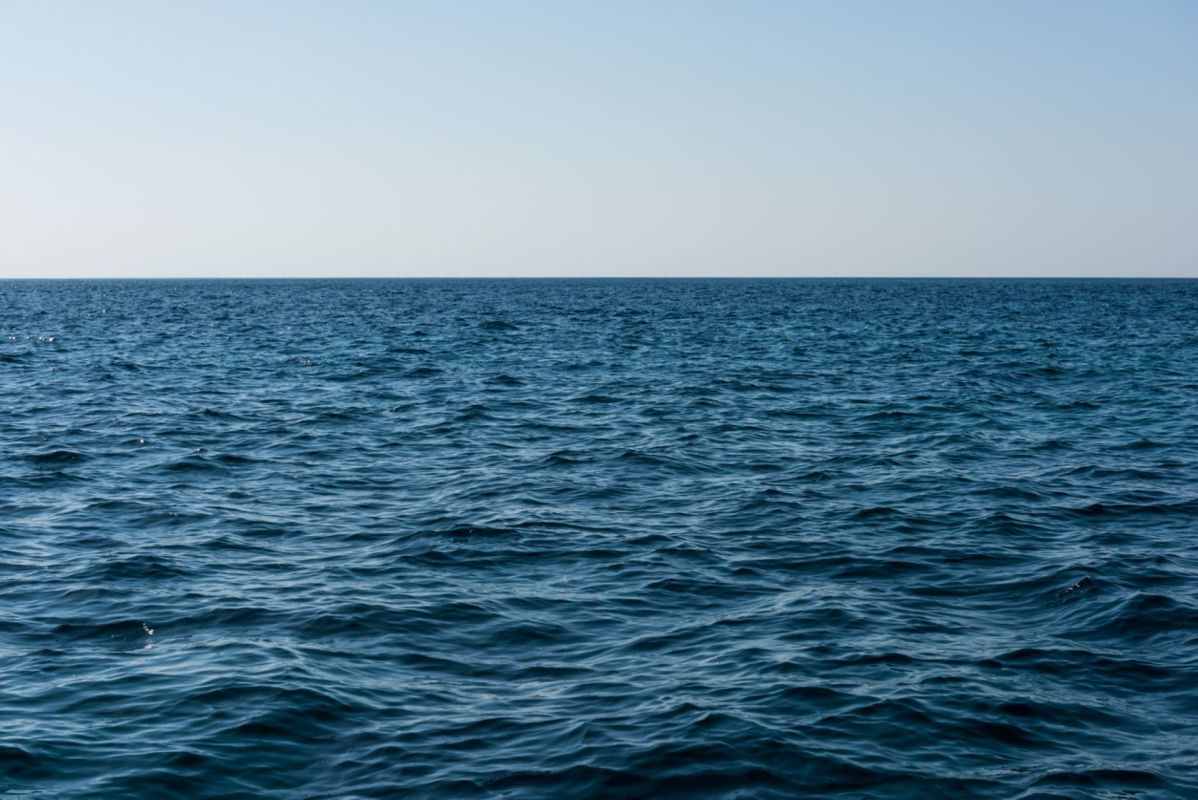A record-setting power cable that connects the United Kingdom and Denmark just started commercial operations — a big win for clean energy and for the planet.
The Viking Link Interconnector, which was completed and tested in late 2023, wasted little time getting online. Touted as the world's longest land and subsea interconnector and measuring approximately 475 miles long, is now importing power from Denmark and is expected to eventually transport enough electricity to power up to 2.5 million U.K. homes, Electrek reports.
The project, a joint venture between the U.K.'s National Grid and Danish national transmission system operator Energinet, cost about $2.16 billion — money well spent, as the cable is expected to save 600,000 tons of carbon pollution in its first year of operations alone, the equivalent of taking 280,000 gas-powered cars off the road, per Electrek.
Denmark is among the highest per-capita producers of wind energy — in 2020, it topped the list, generating 1,070 watts of wind capacity per person, according to Canary Media. In 2022, the country derived 67% of its energy supply from renewable sources, with wind energy accounting for 46.8%, the International Trade Administration reported.
Consequently, the cable is a win-win for both countries, as Denmark gets to sell a lot of renewable energy and the U.K. gets cheaper renewable energy to power its homes.
"As we deploy more wind power to meet our climate and energy security targets, connections to our neighboring countries will play a vital role [in] increasing [the] security of supply and reducing prices for consumers," said Katie Jackson, the president of National Grid Ventures, per Electrek.
"This sounds great! The more grid interconnections on a larger scale, the better. I'd love to see a global grid so solar from where it's daytime can power places where it's night, then later in the day, the reverse. Or summer/winter for North-South connections" wrote one Electrek commenter.
"More projects like this are what's going to be needed to transition away from fossil fuels. This is how we eliminate the practice of 'curtailment.' It also helps lower the need for local storage," wrote another.
Join our free newsletter for weekly updates on the coolest innovations improving our lives and saving our planet.









